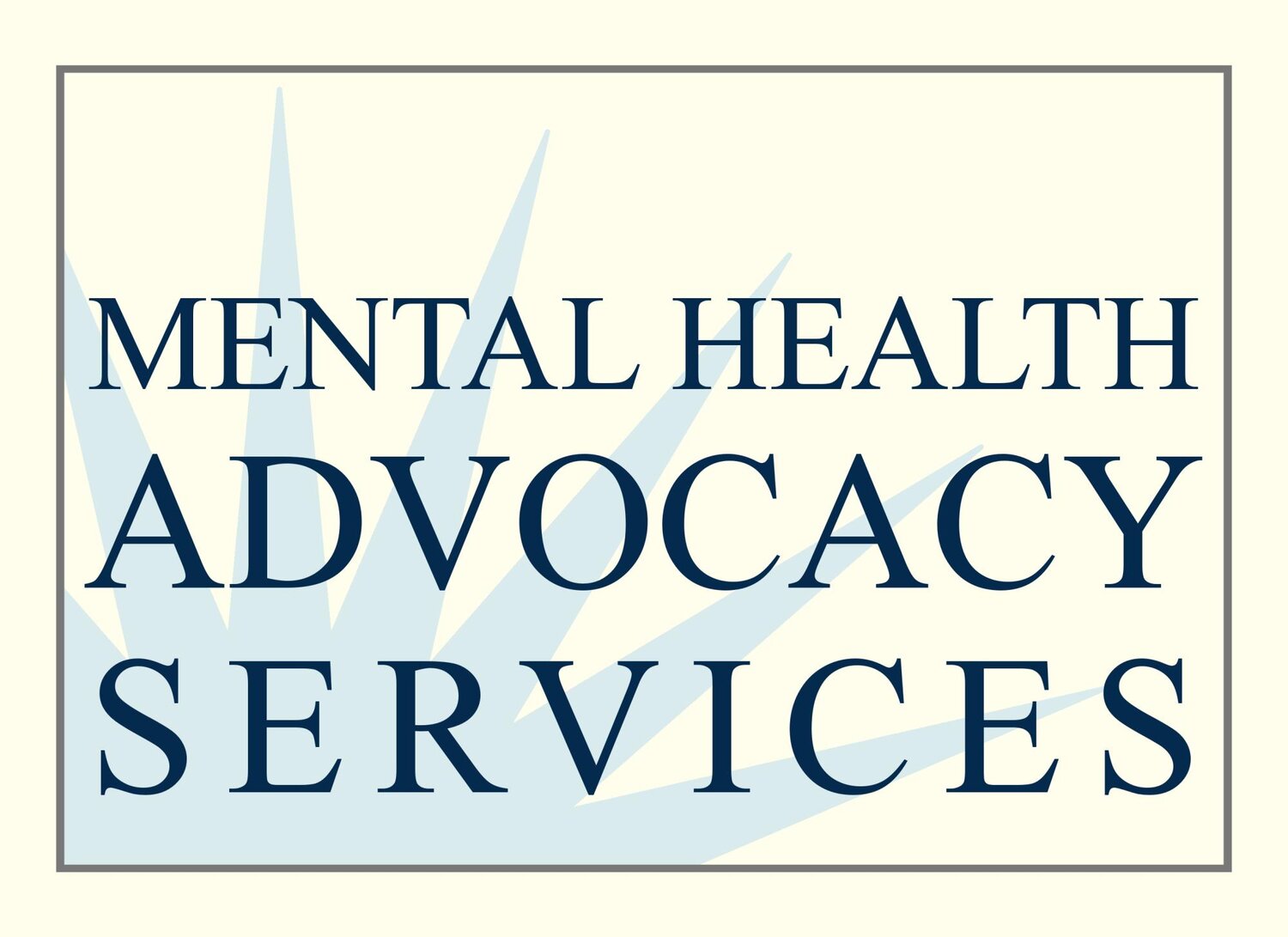
ABOUT
MISSION
The mission of Mental Health Advocacy Services (MHAS) is to protect and advance the legal rights of low-income adults and children with mental health disabilities and empower them to assert those rights in order to maximize their autonomy, achieve equity, and secure the resources they need to thrive.
VISION
Mental Health Advocacy Services envisions a world in which people with mental health disabilities thrive in the community, free from stigma, discrimination, and injustice. We see a future where all people are safely housed and economically stable, where we are all treated fairly everywhere we go, and where we each have the opportunity to pursue our own dreams.
VALUES
Empowerment: Our work is driven by the desire to provide our clients with the resources needed to achieve autonomy and self-sufficiency, and to live the life they choose rather than one that is chosen for them by others.
Dignity: We believe in the humanity and value of every person. We aspire to treat every individual with respect, kindness, and understanding.
Equity: We focus on ensuring that our services are both trauma-informed and accessible to communities who have been traditionally underserved or marginalized.
Collaboration: We value collaborating with other organizations in the community and we work in partnership with our clients to help them achieve overall stability and well-being.
Wellness: Knowing that we provide better services when we take care of ourselves, we prioritize the well-being, safety, and physical and mental health of both our clients and our team.
HISTORY
Mental Health Advocacy Services, Inc. (MHAS) is a private, non-profit organization established in 1977 to provide free legal services to people with mental health disabilities. MHAS assists both children and adults, with an emphasis on obtaining government benefits and services, protecting rights, and fighting discrimination. MHAS also serves as a resource to the community by providing training and technical assistance to attorneys, mental health professionals, consumer and family member groups, and other advocates. In addition, MHAS participates in impact litigation in an effort to improve the lives of people with mental health disabilities.
Learn more about MHAS' history below or click here for a PDF.
1977
With seed funding from the American Bar Association, the Mental Health Advocacy Project of the Los Angeles County and Beverly Hills Bar Associations began providing patients’ rights protection to people with mental and developmental disabilities at state hospitals.
1979
Mental Health Advocacy Services was incorporated as an independent, nonprofit organization and added the Mental Health Association in California as a sponsor. The focus of MHAS’ advocacy shifted from patients in state hospitals to individuals living in the community.
1983
As a result of Lopez v. Heckler, a federal class action in which MHAS acted as co-counsel, the Social Security Administration ceased arbitrary terminations of disability benefits for people with mental disabilities. This litigation restored benefits to thousands of people who had been wrongly disenrolled.
1986
MHAS and co-counsel filed Rensch v. Board of Supervisors, a class action lawsuit that forced Los Angeles County to create a special assistance program that helped thousands of homeless people with mental and developmental disabilities obtain the General Relief benefits they needed to survive.
1988
MHAS and co-counsel negotiated a consent decree in Butterfield v. Honig that resulted in timely provision of assessment and mental health services to thousands of special education students in Los Angeles County whose needs were previously not met.
1993
MHAS launched the Foster Care Special Education Project which trained hundreds of foster parents about special education laws and effective strategies to obtain services for their children with disabilities.
1997
In Family Alliance for the Mentally Ill v. City of Fresno, MHAS and co-counsel successfully challenged attempts to block development of housing for people with mental disabilities. MHAS also worked to identify cities and counties whose land use and zoning practices discriminated against people with disabilities.
1999
In the Education Initiative Training Project, a joint project of MHAS and the L.A. County Department of Children & Family Services, MHAS trained social workers in how to obtain appropriate educational services for the County’s 70,000 foster children.
2000
As a result of Emily Q. v. Belshe, a class action lawsuit in which MHAS acted as co-counsel, thousands of children were entitled to additional individualized mental health services designed to prevent placement in highly restrictive group homes or mental health facilities.
2004
MHAS’ “Getting It Built” project expanded to provide fair housing training and technical assistance to non-profit housing developers, local governments and advocates in seven California counties.
2006
MHAS’ Homeless SSI Outreach Project completed its first 10 years, having helped more than 3,000 homeless and at-risk individuals throughout L.A. County obtain SSI and Medi-Cal benefits needed to pay for housing, food, clothing and mental health treatment.
2015
Co-counseling with the ACLU in Franco v. Holder, MHAS won the right to legal representation for all immigration detainees with a serious mental disorder that renders them unable to represent themselves. The victory represented the first time any court has ruled that a class of non-citizens is entitled to legal representation.
2018
MHAS joins as a partner in LA County's Medical-Legal Community Partnership (MLCP), a project administered by the Department of Health Services. Through the MLCP, MHAS assists participants with legal issues to ensure that they have the resources and support needed to achieve better health outcomes and overall well-being.
2019
In partnership with Painted Brain and with funding from the Governor’s Office of Business and Economic Development, MHAS launched Project New Start, a comprehensive job placement, mental health, and legal services program for formerly incarcerated individuals with mental health issues in Los Angeles.
